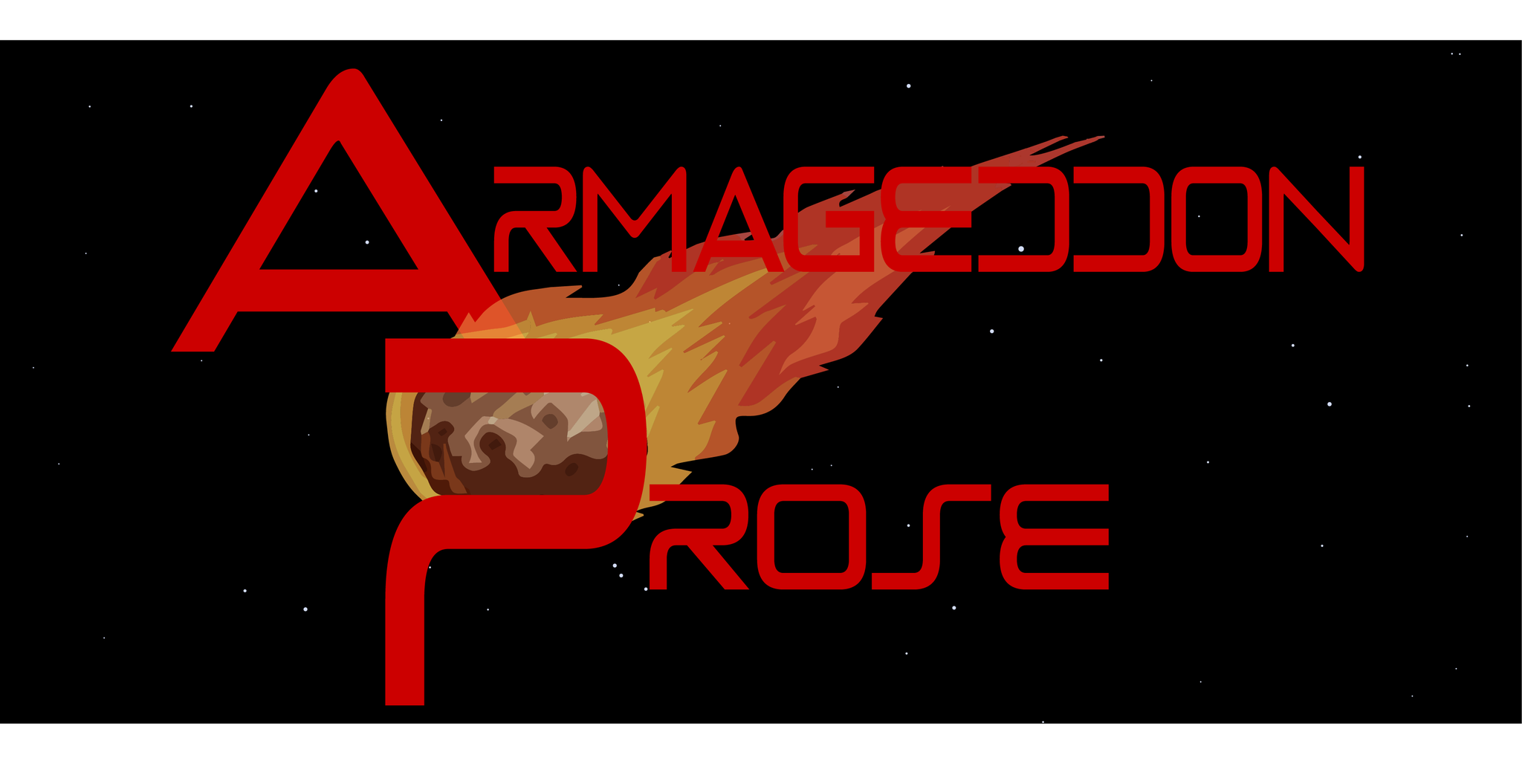Originally published via Armageddon Prose Substack:
You probably won’t catch ashwagandha (an ayurvedic herb translated from Sanskrit into “smell of the horse” because of its obscene odor) advertised on television like a cornucopia of pharmaceutical drugs — it can’t be patented (yet), after all — but that doesn’t mean it’s not worth taking a look at.
Related: The Essential Nootropics Stack
Potential benefit #1: Ashwagandha boosts testosterone
Via American Journal of Men’s Health:
“Overweight men aged 40-70 years, with mild fatigue, were given a placebo or an ashwagandha extract…
Ashwagandha intake was associated with an 18% greater increase in DHEA-S ( p = .005) and 14.7% greater increase in testosterone ( p = .010) compared to the placebo.”
Potential benefit #2: Ashwagandha improves male sexual function
“A randomized, double‐blind, placebo‐controlled study of 50 healthy male subjects was conducted to test the efficacy of the ashwagandha root extract in improving male sexual health function through the improvement of various sexual domains and an increase of serum testosterone. This clinical study clearly demonstrated that people who took the ashwagandha root extract had an 88.5% greater probability of improving the total DISF‐M sexual health function score. The ashwagandha root extract also increased their abilities to perform better in all the five DISF‐M domains, such as sexual cognition, sexual arousal, sexual behavior, orgasm, and sexual desire…
The study also supported improving and maintaining the QoL in the participants who took the ashwagandha supplement.”
Potential Benefit #3: The cortisol killer
Testosterone and cortisol, AKA the “stress hormone,” exist in an inverse relationship to one another — i.e., As testosterone increases, cortisol goes down, and vice versa.
So, limiting cortisol levels, which ashwagandha does, would logically be a boon to testosterone levels.
Via Medicine:
“In an 8-week, randomized, double-blind, placebo-controlled study ashwagandha was associated with greater reductions in anxiety, morning cortisol, c-reactive protein, pulse rate, and blood pressure in chronically stressed adults. Greater increases in serum dehydroepiandrosterone sulfate (DHEA-S) and hemoglobin were also noted. Further randomized, double-blind, placebo-controlled studies have confirmed ashwagandha’s anti-stress and cortisol-lowering effects in adults with self-reported chronic stress and chronically stressed overweight and obese adults. In all these studies ashwagandha was well tolerated with minimal adverse effects reported.”
Potential benefit #4: Ashwagandha improves sleep quality
As testosterone is released in greatest volumes during the REM (Rapid Eye Movement) phase, sleep is the red-headed stepchild of male sexual health, often overlooked and frequently abused.
Ashwagandha appears to do something for that too, it seems.
Via Journal of Ethnopharmacology (emphasis added):
“The assessment was done based on the sleep parameters (Sleep Onset Latency, Total Sleep Time, Wake After Sleep Onset, Total time in bed, and Sleep Efficiency), Pittsburgh Sleep Quality Index and Hamilton Anxiety scale-A questionnaire, mental alertness on rising assessment, and sleep quality questionnaire…
In both healthy and insomnia subjects, there was a significant improvement in the sleep parameters in the Ashwagandha root extract supplemented group. The improvement was found more significant in insomnia subjects than healthy subjects…
The present study confirms that Ashwagandha root extract can improve sleep quality and can help in managing insomnia. Ashwagandha root extract was well tolerated by all the participants irrespective of their health condition and age.”
Ben Bartee, author of Broken English Teacher: Notes From Exile, is an independent Bangkok-based American journalist with opposable thumbs.
Follow his stuff Substack. Also, keep tabs via Twitter.
For hip Armageddon Prose t-shirts, hats, etc., peruse the merch store.
Support always welcome via insta-tip jar.










